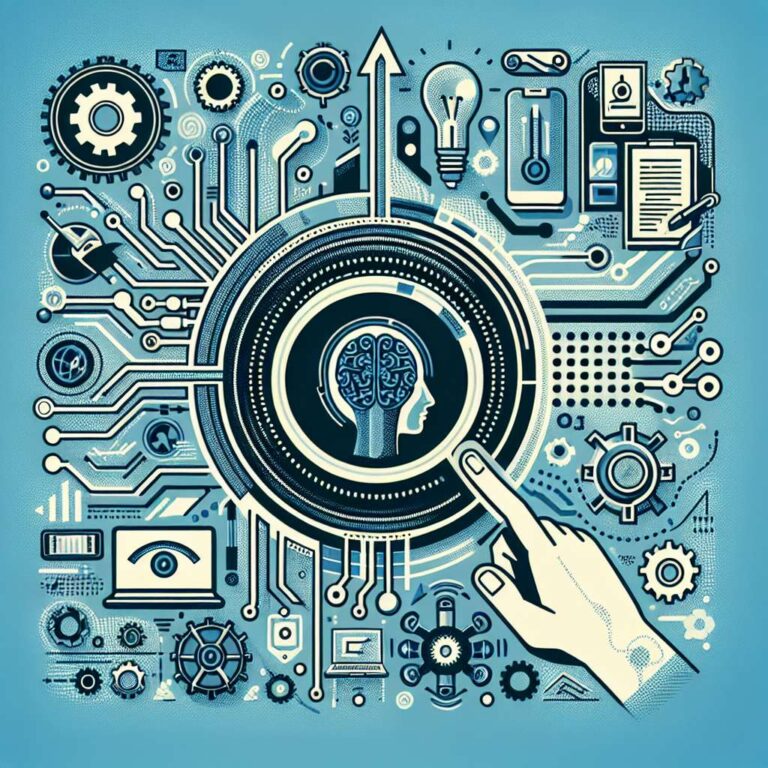WPP has extended its partnership with Google through a five-year deal designed to embed Artificial Intelligence across the agency’s services, with a focus on faster and more cost-efficient content creation. The arrangement builds on a collaboration first announced in April 2024 and positions Artificial Intelligence as a structural pillar in marketing workflows. Under the agreement, Google’s Artificial Intelligence will power WPP’s Open Intelligence platform, enabling the agency to build and deploy customized audience models for clients.
As part of the deal, WPP will receive preferred access to Google’s Artificial Intelligence services and early access to its newest models, including Veo and Imagen. The goal is to accelerate creative development and streamline production by generating content more quickly and efficiently. The companies are pitching this as a way to help brands benefit from automation while maintaining quality and relevance across campaigns.
The timing is notable for WPP. Economic uncertainty, recent account losses, and a faltering Artificial Intelligence rollout with its WPP Open tool contributed to a substantial earnings setback in H1 2025, including a 71% drop in pre-tax profits. The Google tie-up is framed as part of a broader turnaround strategy to demonstrate the agency’s value in Artificial Intelligence-driven solutions and to use automation both as a cost-saving lever and a growth engine.
More broadly, marketers are reevaluating agency budgets as Artificial Intelligence-driven content creation becomes easier to adopt in-house. Agencies that can clearly integrate Artificial Intelligence into operations and deliver measurable performance gains stand to strengthen their position, a dynamic underscored by results at peers like Publicis, which tied a strong quarter to its Artificial Intelligence efforts. In a survey of more than 200 marketing leaders by Typeface, 83% said they would reduce agency spending if they could fully automate content creation, and 11% would stop using agencies altogether. Additionally, 73% of teams that have successfully adopted agentic Artificial Intelligence reported cutting budgets for agency content creation.
For agencies, the opportunity is to meet rising client expectations around insights, personalization, and speed by building proprietary models or forging deep partnerships with tech providers. The WPP-Google agreement signals how Artificial Intelligence maturity is shifting from experimentation to operational standard. For CMOs, it reinforces the need for stronger oversight of agency relationships and clear metrics for tracking Artificial Intelligence-driven efficiency and creative quality.

